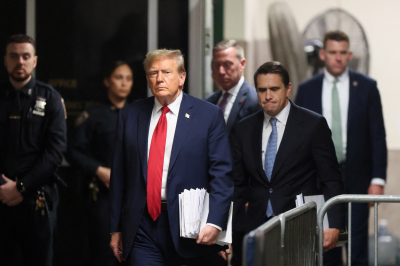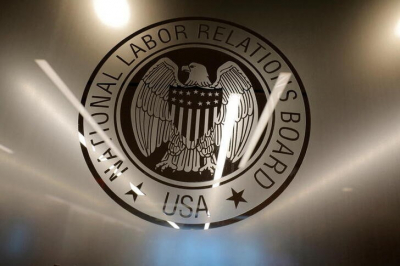
The Paradigm Shift: Senior Vatican Official Advocates for a Married Priesthood
In a groundbreaking revelation, Archbishop Charles Scicluna of Malta, a senior Vatican official and trusted advisor to Pope Francis, has ignited a controversial discussion within the Roman Catholic Church. In an interview published on Sunday, Archbishop Scicluna proposed that the Church should "seriously think" about permitting priests to marry.
In a candid admission, Scicluna acknowledged the potential controversy surrounding his statement, stating, "This is probably the first time I'm saying it publicly, and it will sound heretical to some people." The archbishop, also serving as adjunct secretary in the Vatican's doctrinal office and recognized for his investigations into sexual abuse crimes, emphasized that his perspective stems from practical considerations.
While Pope Francis has steadfastly upheld the requirement of celibacy for priests, Scicluna pointed out that this rule is not a formal doctrine of the Church and could be subject to change by a future pope. Notably, Scicluna highlighted that in the first millennium of the Church's history, priests were allowed to marry, and even today, marriage is permitted in the Eastern rite of the Catholic Church.
Expressing a personal viewpoint, Scicluna asserted, "If it were up to me, I would revise the requirement that priests have to be celibate," citing instances where the Church has lost valuable priests due to their choice of marriage. He acknowledged the importance of celibacy but stressed the need to recognize that priests, like anyone else, may experience love and must grapple with the challenge of choosing between a romantic relationship and their commitment to the priesthood.
The archbishop's remarks shed light on a longstanding debate within the Church regarding the celibacy of priests. While opponents argue that celibacy allows priests to wholly dedicate themselves to the Church, proponents of a married priesthood point to historical precedents and practices in other Christian denominations.
The interview did not escape the attention of the Vatican, as a spokesman refrained from an immediate response to requests for comments. As the dialogue unfolds, Archbishop Scicluna's advocacy for reconsidering celibacy requirements opens a new chapter in the ongoing discourse over the future dynamics of the Roman Catholic priesthood.
Archbishop Charles Scicluna's forthright advocacy for a reconsideration of celibacy requirements within the Roman Catholic priesthood marks a pivotal moment in the ongoing dialogue surrounding the Church's traditions. The acknowledgment that priests were historically allowed to marry and the recognition of marriage within the Eastern rite of the Catholic Church adds historical context to the discussion.
As the debate over a married priesthood resurfaces, Archbishop Scicluna's reflections on the practical implications of celibacy and its potential impact on the priesthood contribute to a broader conversation within the Church. The archbishop's acknowledgment of priests grappling with the choice between romantic relationships and their commitment to the priesthood highlights the human complexities involved in maintaining a celibate clergy.
While Pope Francis has maintained the status quo, the fact that celibacy is not a formal doctrine leaves room for future reconsideration. As the Vatican deliberates on this matter, the broader implications of a potential shift in the celibacy requirement may reshape the dynamics of the Roman Catholic priesthood, addressing the concerns raised by Archbishop Scicluna regarding the loss of valuable priests due to the choice of marriage.
As the Church navigates this nuanced discussion, it stands at the crossroads of tradition and adaptation, grappling with questions that resonate with the evolving perspectives of its clergy and faithful. The interview with Archbishop Scicluna serves as a catalyst for a deeper examination of the role of celibacy in the priesthood, urging the Church to engage in thoughtful reflection on how it can best adapt to the realities of contemporary times while upholding its timeless values.





